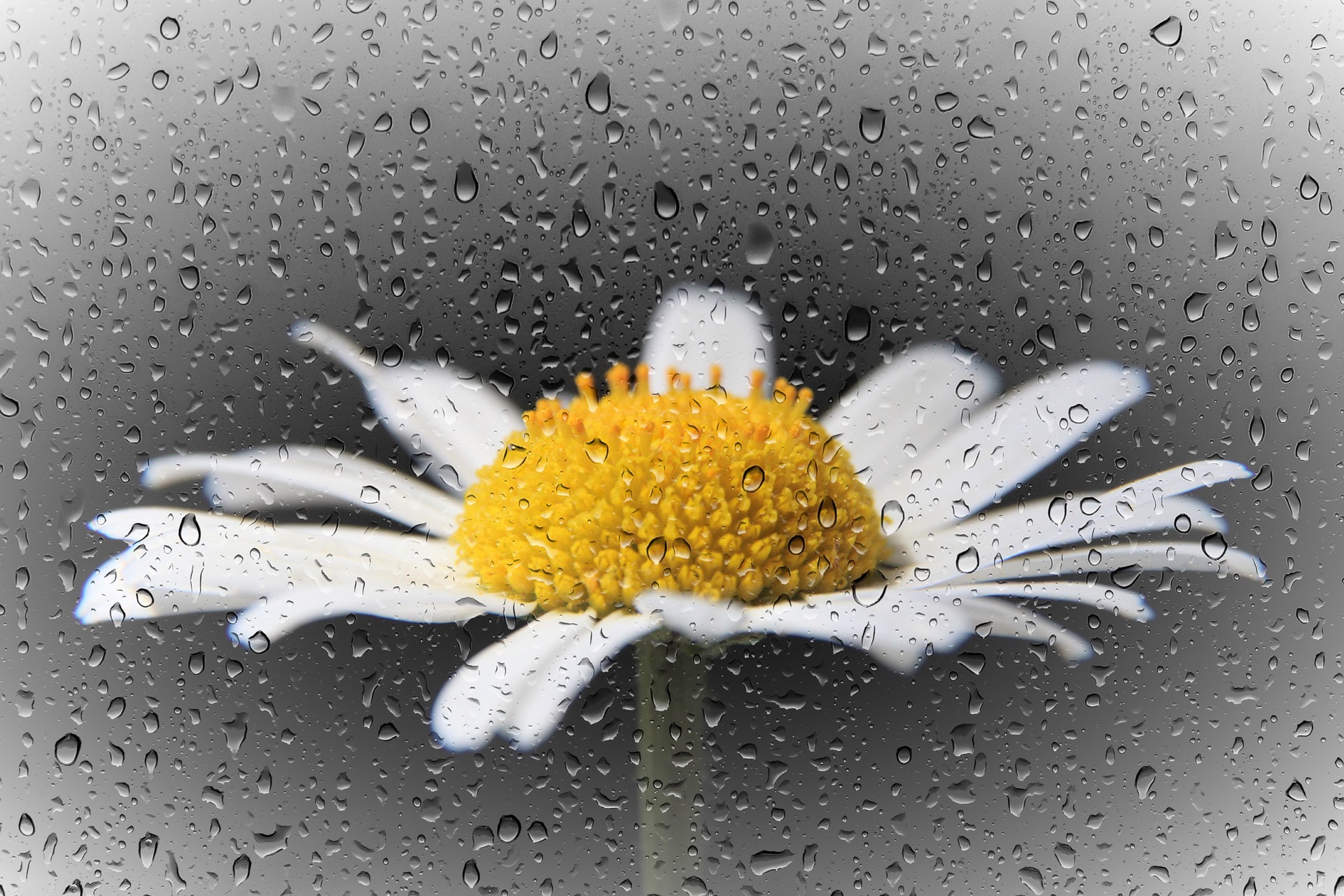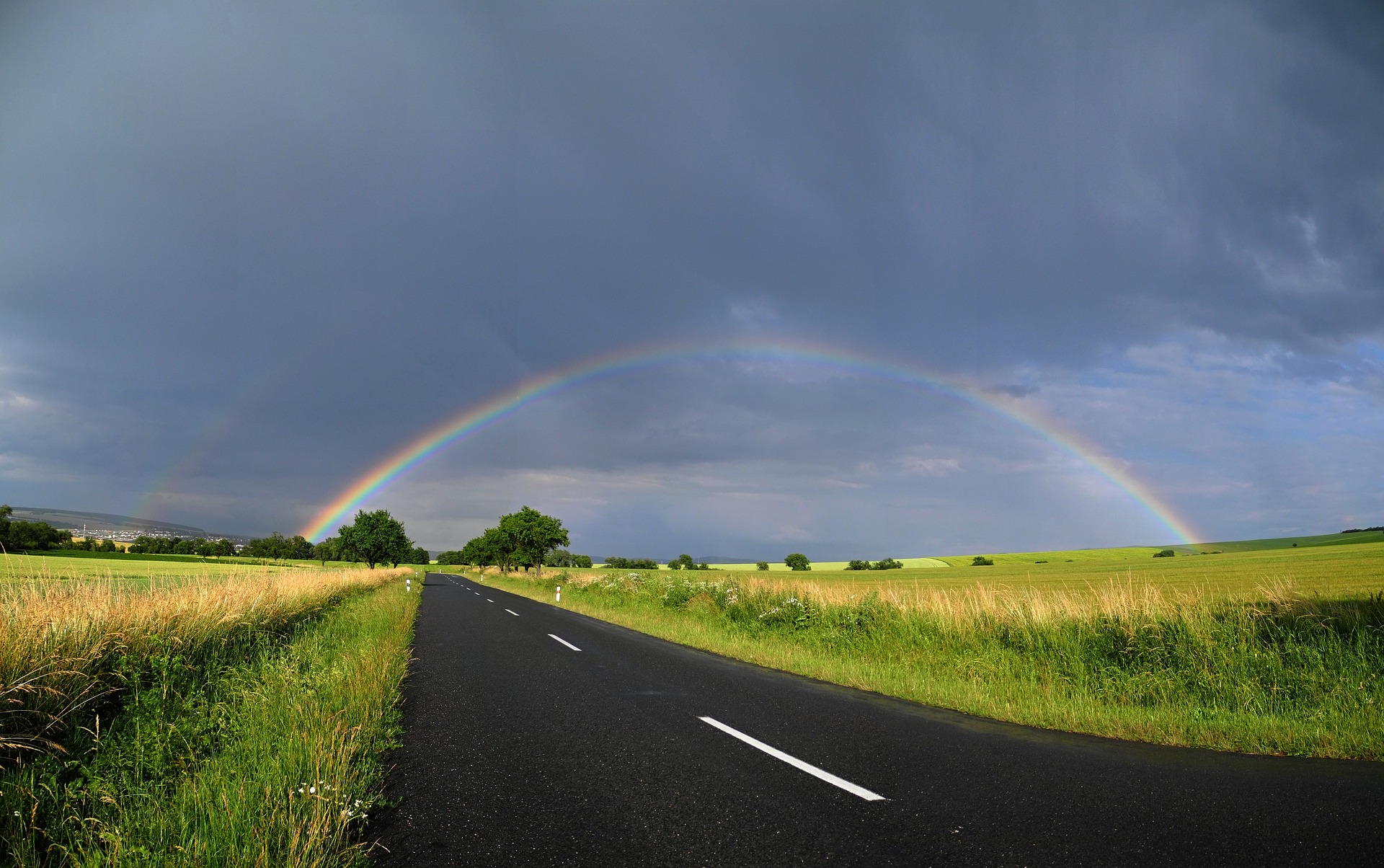Years ago, when my children were young, they picked out a gift for me. It was a t-shirt that had a picture of flowers and the words, “Perennial Optimist.” They didn’t know what perennial optimist meant, they just thought I would like the flowers on it.
Perennials are the plants that come back in the garden every year, while annuals are the plants that complete their life cycle in one year and must be replanted annually. Flowers like daffodils, coneflowers, roses, and many more are perennial. In the edible garden, examples of perennials are herbs like chives and mint or fruit and vegetables like strawberries, rhubarb, and asparagus. In the middle of the winter in Ohio, none of those plants resemble what we recognize during the growing season. Some of them are not even visible above the ground. Even if it looks like they’ve disappeared, the gardener trusts that once the season is right, those perennial plants will grow back.
Recently, I was reminded of “perennial optimist” as I read about Tragic Optimism. One article title explains that Tragic Optimism is ‘the opposite of Tragic Positivity”. There are health benefits related to positive thinking, but toxic positivity is when only positivity is allowed. This can be detrimental when people are not allowed to express other emotions or experiences that are not deemed positive. Tragic Optimism offers space for hope and positivity as well as the reality that there are great challenges in life.
Viktor Emil Frankl was a Jewish-Austrian psychiatrist and neurologist, a Holocaust survivor, and author. In 1985 he wrote that Tragic Optimism is optimism in the face of tragedy. Through his life experiences he offered that life can be meaningful under any condition, including times of great loss and pain. He also highlighted people’s creative capacity to turn negative experiences into something positive or constructive.
The view of Tragic Optimism embraces both positive and negative experiences as opportunities to learn and grow. By using the benefits of positivity as well as growing and learning from challenges, an individual can better understand the current situation and consider a wider option of possible future outcomes. Another author explained that Tragic Optimism “is about owing your life story, not letting your story own you” and it, “allows you to acknowledge the power of hope even when amid deep sorrow.”
While Tragic Optimism is applicable to devastating situations that no one can truly plan for, I recommend Perennial Optimist as a hopeful strategy for the ups and downs of daily life and the annual seasons. As we transition from winter to spring and witness the wonder of perennial plants waking up to the season, I am encouraged by this quote by Anne Bradstreet: “If we had no winter, the spring would not be so pleasant: if we did not sometimes taste of adversity, prosperity would not be so welcome.”



